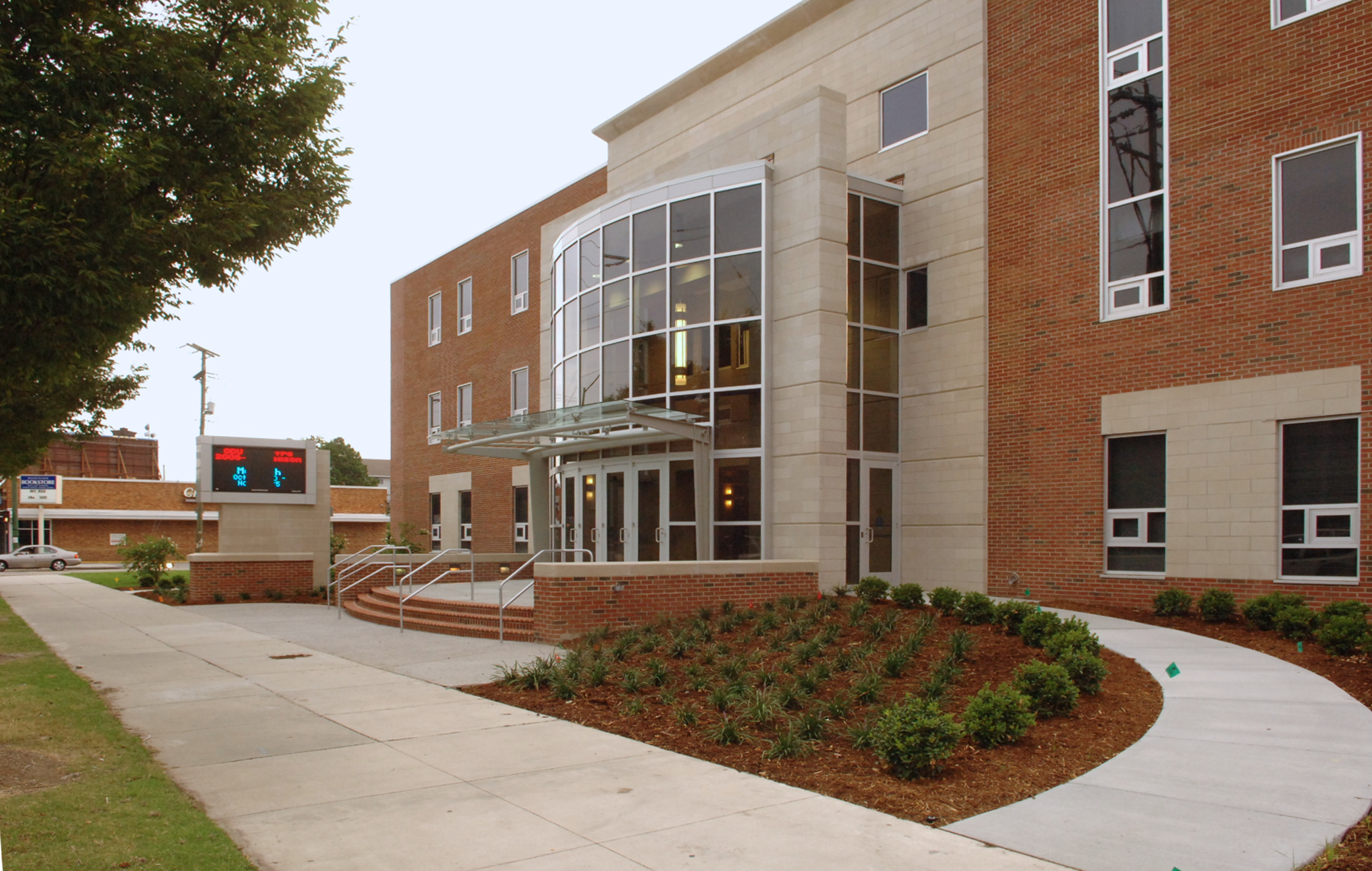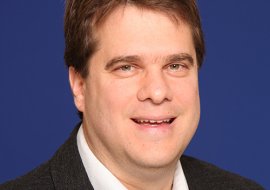
Vision
To be a center of excellence in the advancement and the application of knowledge in public health.
Mission
To improve public health in the region, the nation, and around the globe through innovative and transdisciplinary, teaching, research, practice, and service.
Values
- Equity: We believe in the right to the opportunity for an inclusive participation for a healthy life
- Respect: We believe mutual respect and personal trustworthiness
- Professional ethics: We believe in collective commitment to principles and values guiding the practice of public health
- Inclusiveness: We believe in encompassing all backgrounds and communities
- Diversity: We believe in acceptance and respect the uniqueness, recognize our individual differences in a safe, positive, and nurturing environment.
- Human Rights: We believe in progressively improving the enjoyment of all people to the right to health
- Be part of the community: We believe in existing to serve and service through transformational efforts to improve overall health
Department of Epidemiology, Biostatistics & Environmental Health
Department of Epidemiology, Biostatistics & Environmental Health
Chair's Message

Welcome to the Department of Epidemiology, Biostatistics and Environmental Health, where you can study environmental health, public health, and allied health sciences. Our students embark on a fascinating, multi-disciplinary, and impactful career choice. Most environmental and public health professionals will tell you that the positive impact you can have on entire communities and populations is one of the best rewards of working in the environmental and public health profession. We do not have to look far to find countless examples of this positive impact, whether we look at the recent COVID-19 pandemic, improvements in childhood nutrition, reductions in smoking, or improved air quality through reductions in criteria air pollutant concentrations.
Throughout history, environmental and public health interventions have saved countless lives including such notable successes as the eradication of smallpox, significant reductions in disease by chlorinating drinking water, and safer workplaces. However, many challenges still need to be addressed including alcoholism, the opioid epidemic, gun violence, war and conflict, and future pandemics. All of these pressing issues significantly impact millions of people daily and it is up to the modern environmental and public health professional to utilize their intellect, training, and energy to work diligently for the next success. People are counting on public health and the need cannot be overstated. From a professional perspective, this is a very satisfying and meaningful endeavor, as Benjamin Franklin once said, "The noblest question in the world is: What good may I do in it?". And as the famous sociologist Margaret Mead said, "Don't ever doubt that the efforts of a small group of concerned citizens can change the world: Indeed it is the only thing that ever has." Insightful comments that summarize the goal and drive behind the hard work to become an effective environmental and public health professional. Welcome to the profession!!
James Blando,
Associate Professor & Interim Chair


